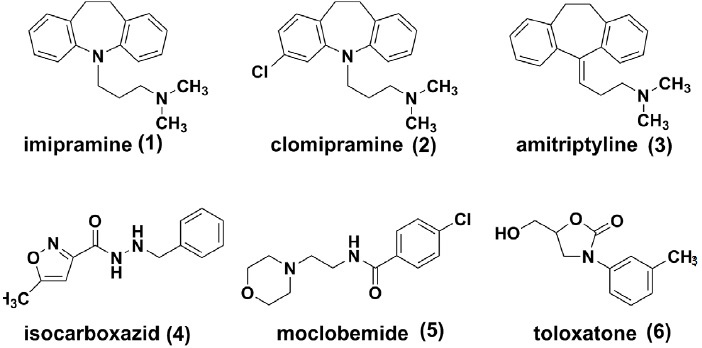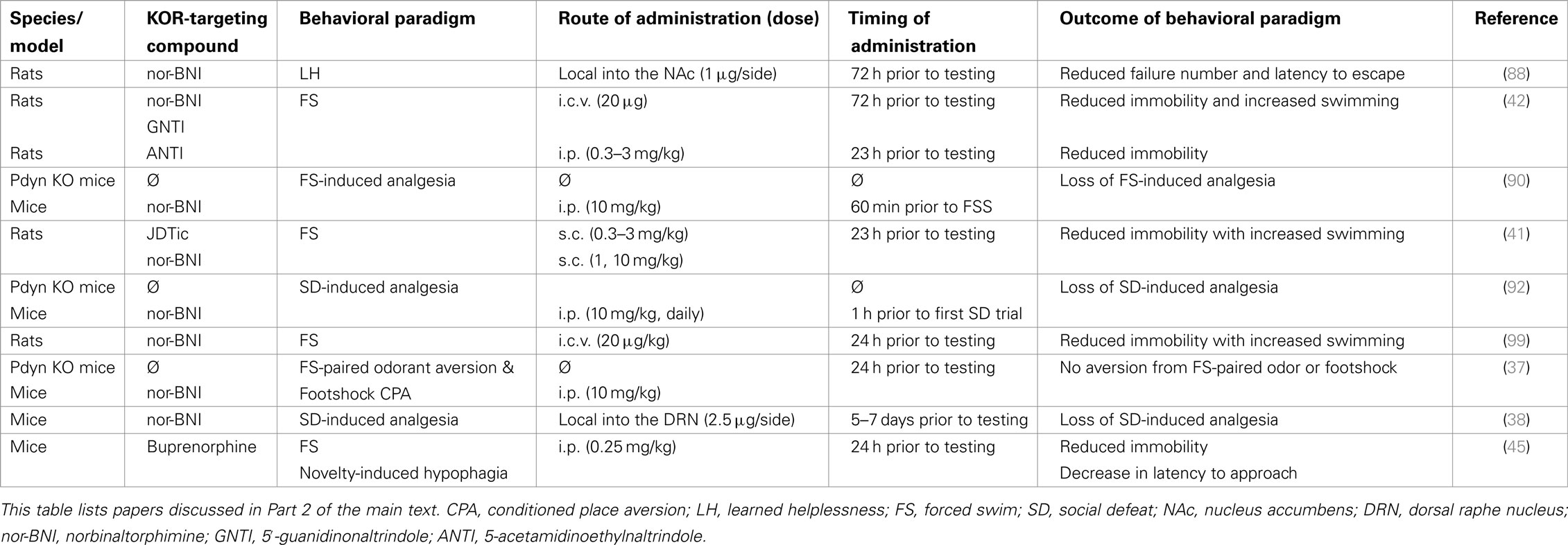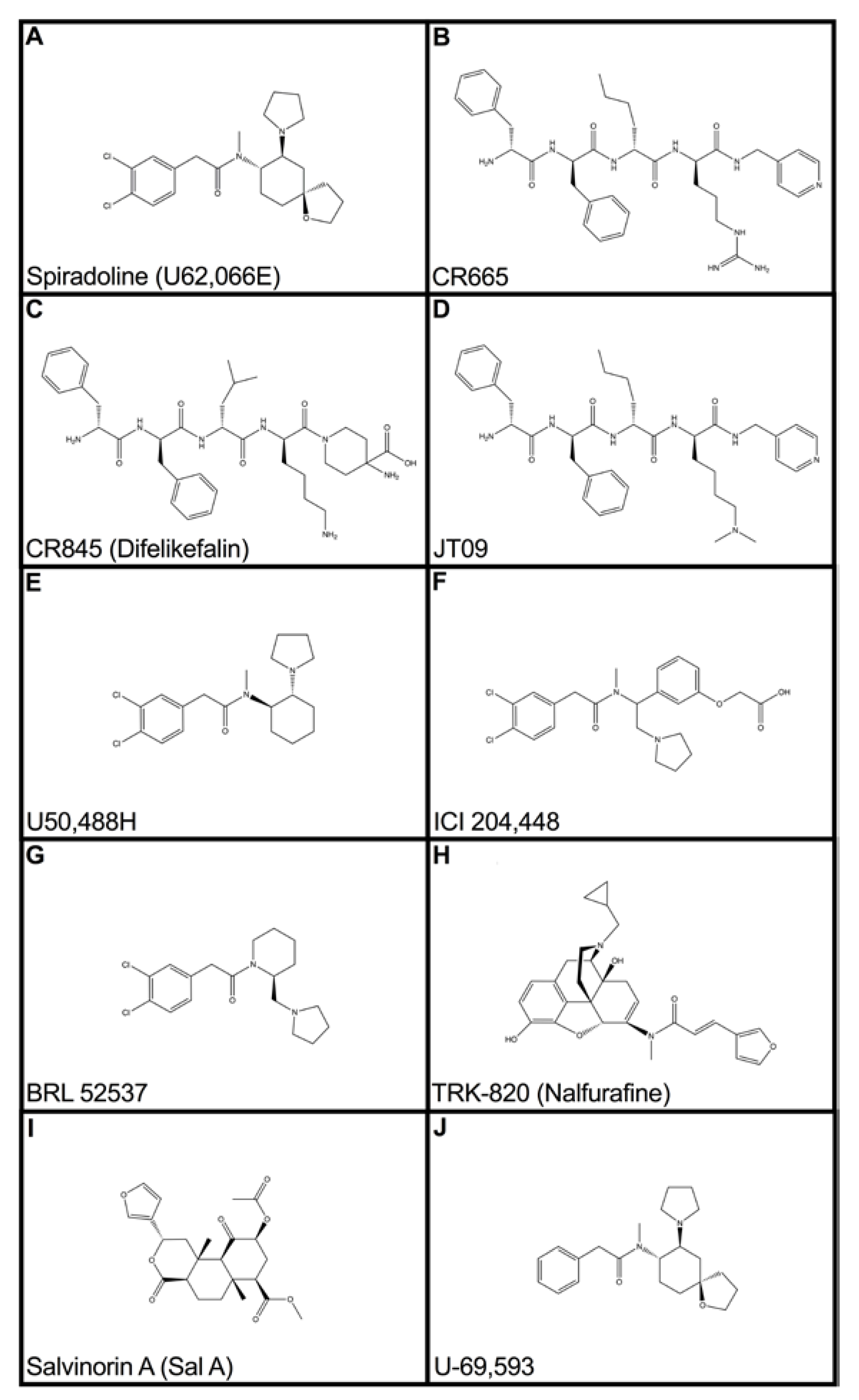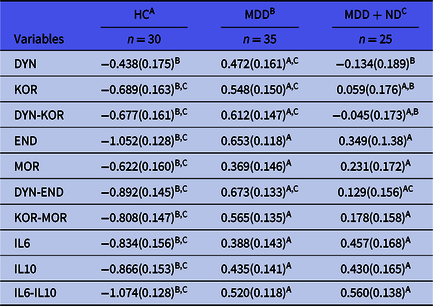
In major depression, increased kappa and mu opioid receptor levels are associated with immune activation | Acta Neuropsychiatrica | Cambridge Core
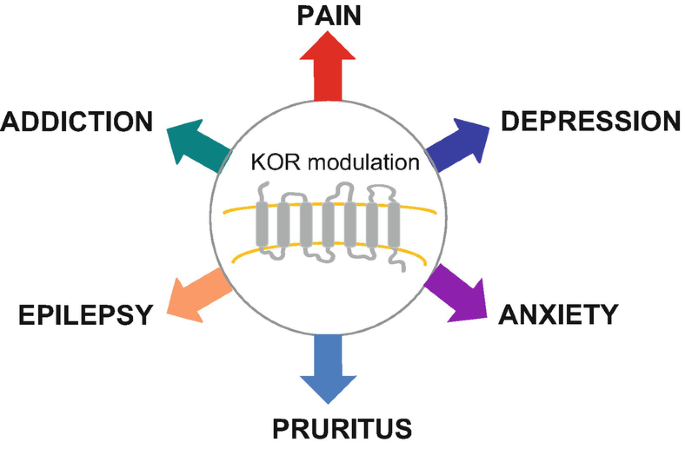
Kappa Opioid Receptor Ligands and Pharmacology: Diphenethylamines, a Class of Structurally Distinct, Selective Kappa Opioid Ligands | SpringerLink
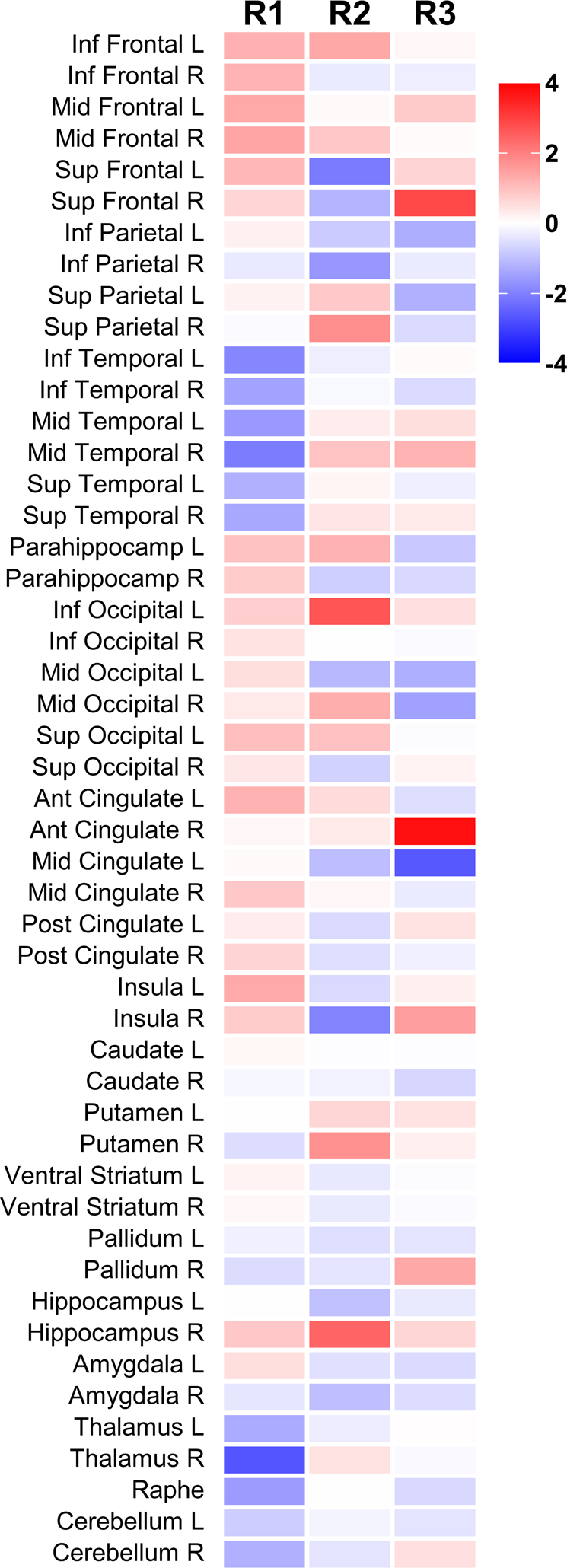
Data-driven analysis of kappa opioid receptor binding in major depressive disorder measured by positron emission tomography | Translational Psychiatry

Antagonist for the Kappa Opioid Receptor - Probe Reports from the NIH Molecular Libraries Program - NCBI Bookshelf
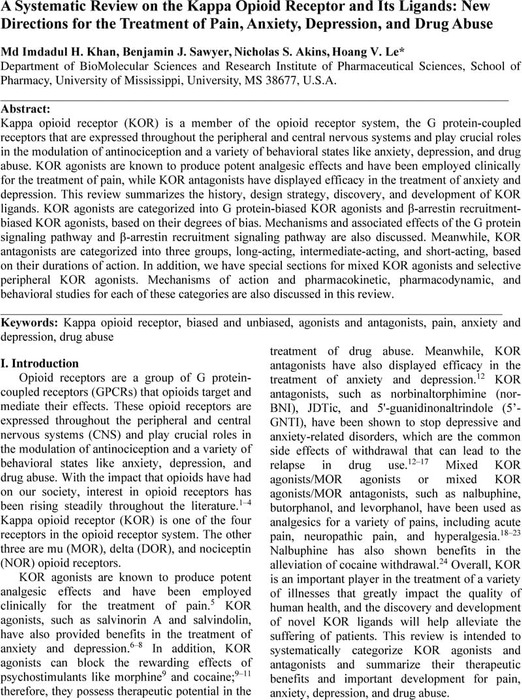
A Systematic Review on the Kappa Opioid Receptor and Its Ligands: New Directions for the Treatment of Pain, Anxiety, Depression, and Drug Abuse | Biological and Medicinal Chemistry | ChemRxiv | Cambridge Open Engage
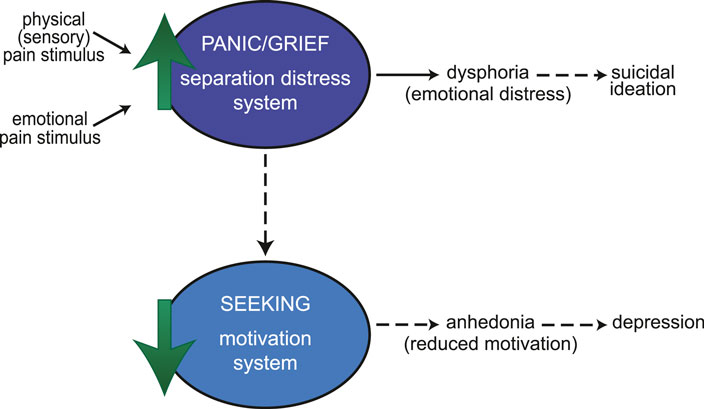
Frontiers Publishing Partnerships | Mechanisms Underlying the Anti-Suicidal Treatment Potential of Buprenorphine

Kappa opioid receptor in nucleus accumbens regulates depressive-like behaviors following prolonged morphine withdrawal in mice - ScienceDirect

A systematic review on the kappa opioid receptor and its ligands: New directions for the treatment of pain, anxiety, depression, and drug abuse - ScienceDirect
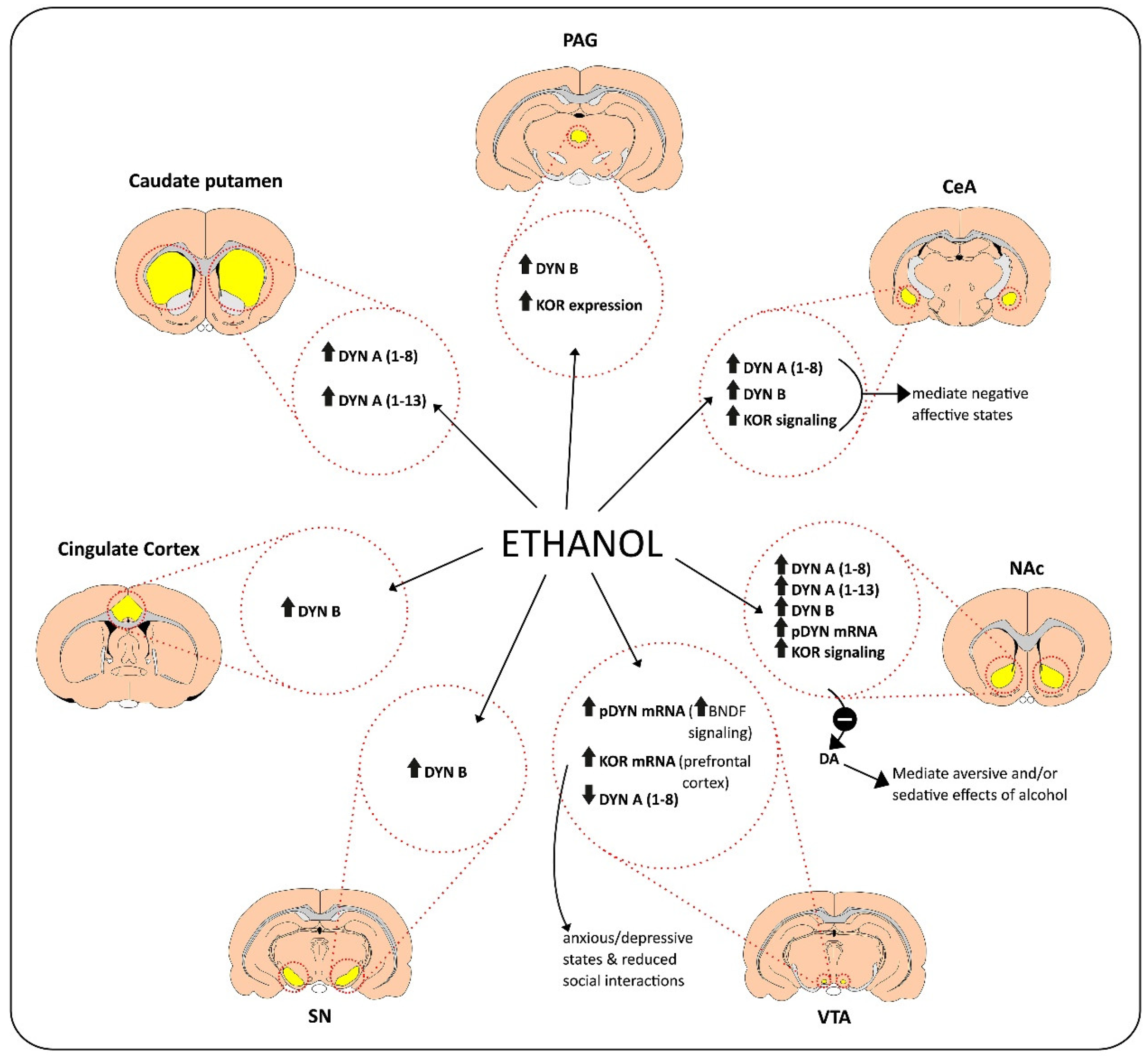
Psychoactives | Free Full-Text | The Role of the Dynorphin/Kappa Opioid Receptor System in the Actions of Alcohol
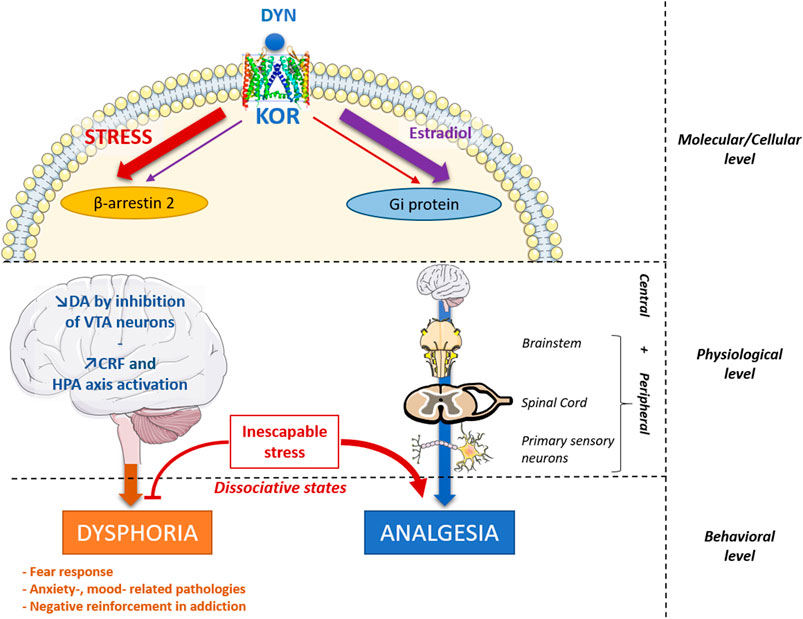
Frontiers | Traumatic Stress-Induced Vulnerability to Addiction: Critical Role of the Dynorphin/Kappa Opioid Receptor System
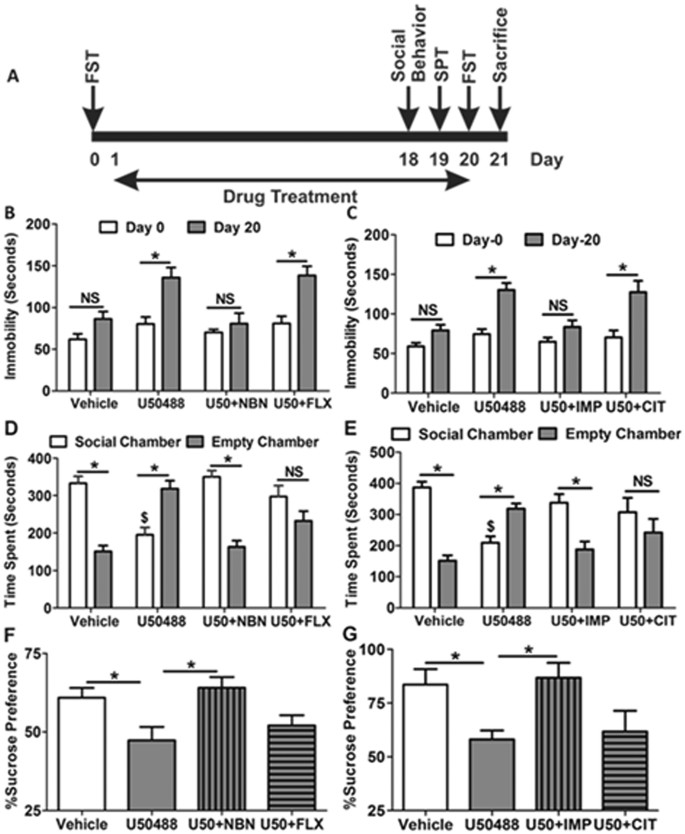
Chronic Kappa opioid receptor activation modulates NR2B: Implication in treatment resistant depression | Scientific Reports

The Role of Dynorphin and the Kappa Opioid Receptor in the Symptomatology of Schizophrenia: A Review of the Evidence - ScienceDirect
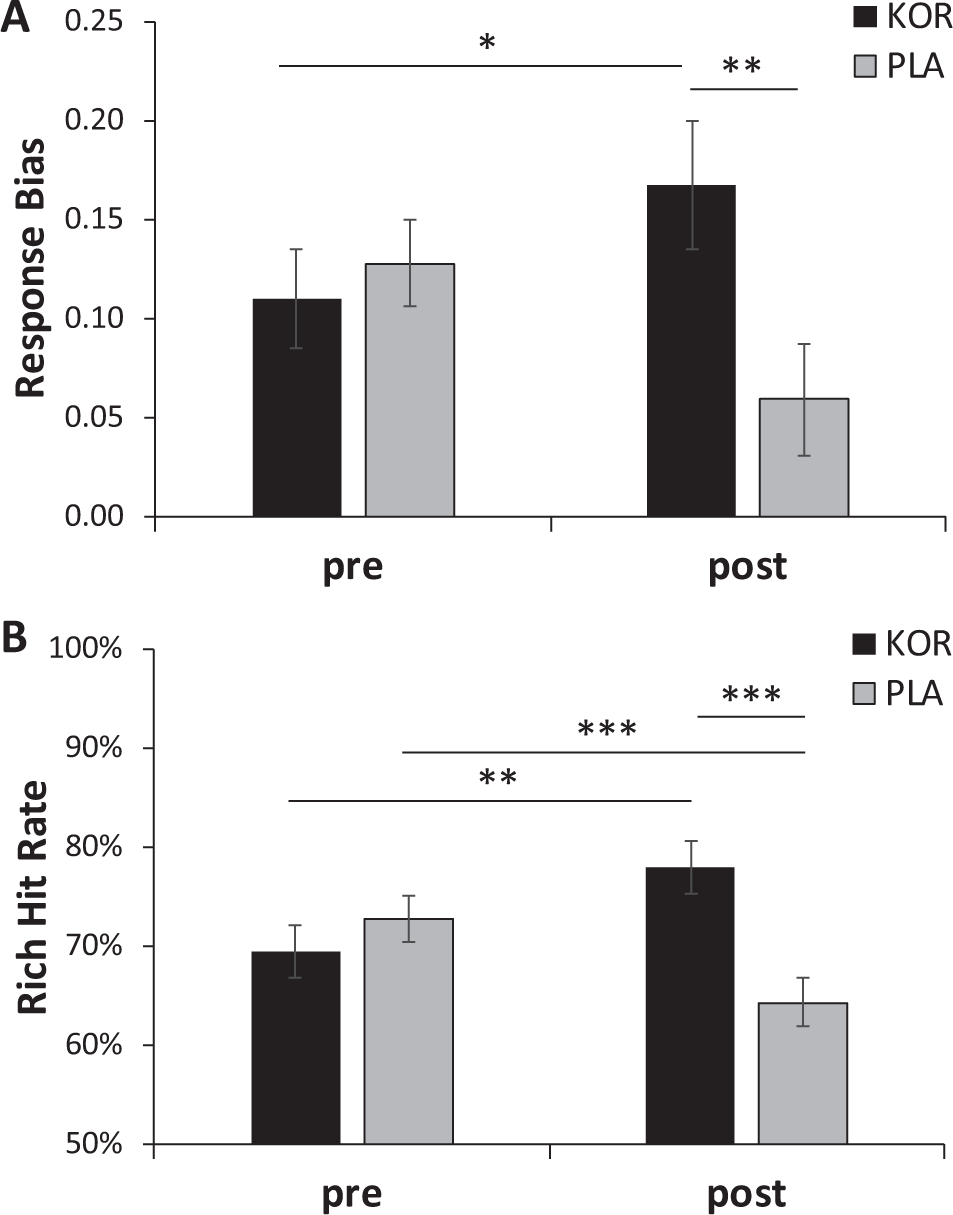
Selective kappa-opioid antagonism ameliorates anhedonic behavior: evidence from the Fast-fail Trial in Mood and Anxiety Spectrum Disorders (FAST-MAS) | Neuropsychopharmacology

Dynorphin/kappa-opioid receptor control of dopamine dynamics: Implications for negative affective states and psychiatric disorders - ScienceDirect

PDF) The Role of Dynorphin and the Kappa Opioid Receptor in Schizophrenia and Major Depressive Disorder: A Translational Approach

Frontiers | The Role of the Kappa Opioid System in Comorbid Pain and Psychiatric Disorders: Function and Implications
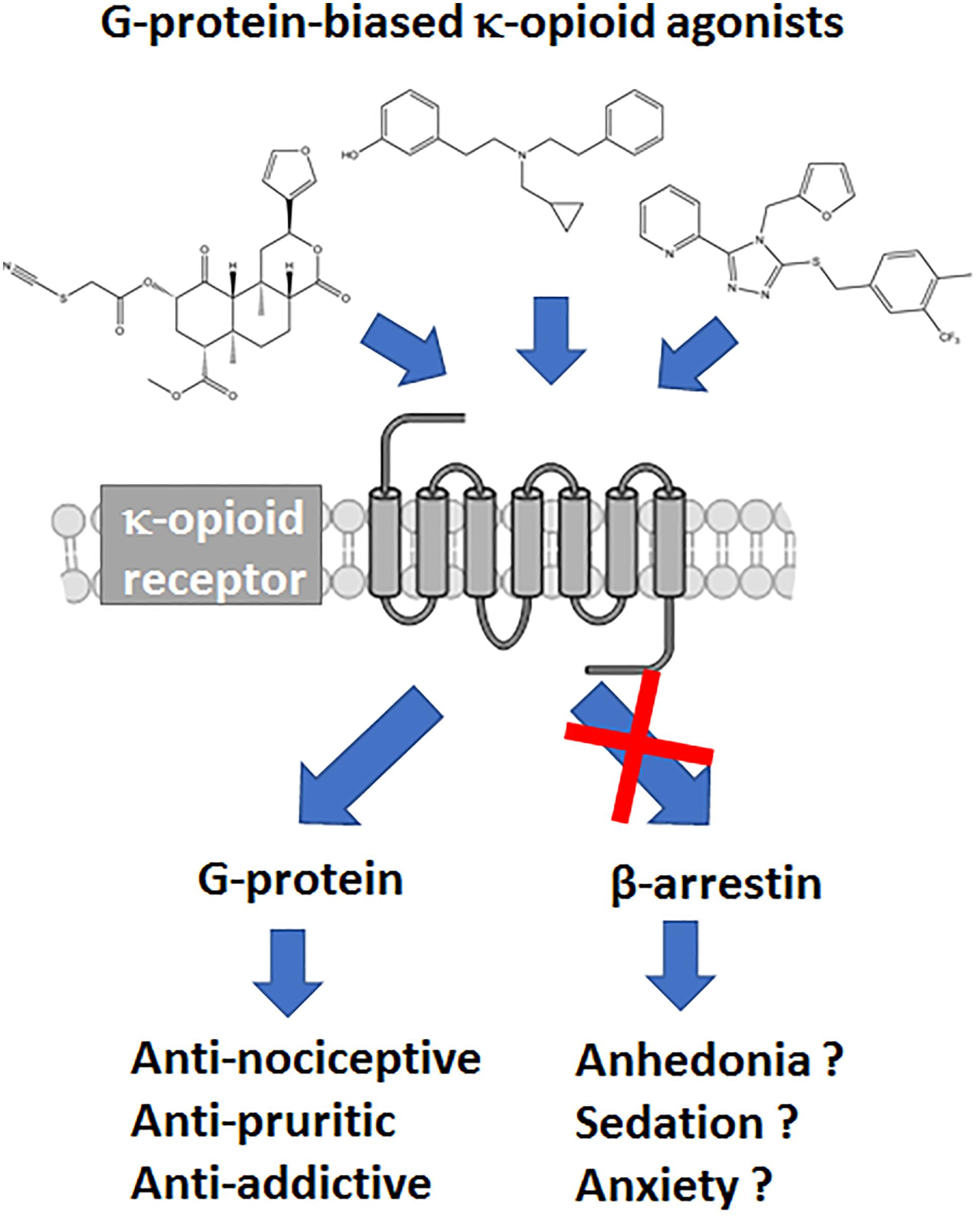
Frontiers | A Review of the Therapeutic Potential of Recently Developed G Protein-Biased Kappa Agonists

A systematic review on the kappa opioid receptor and its ligands: New directions for the treatment of pain, anxiety, depression, and drug abuse - ScienceDirect

